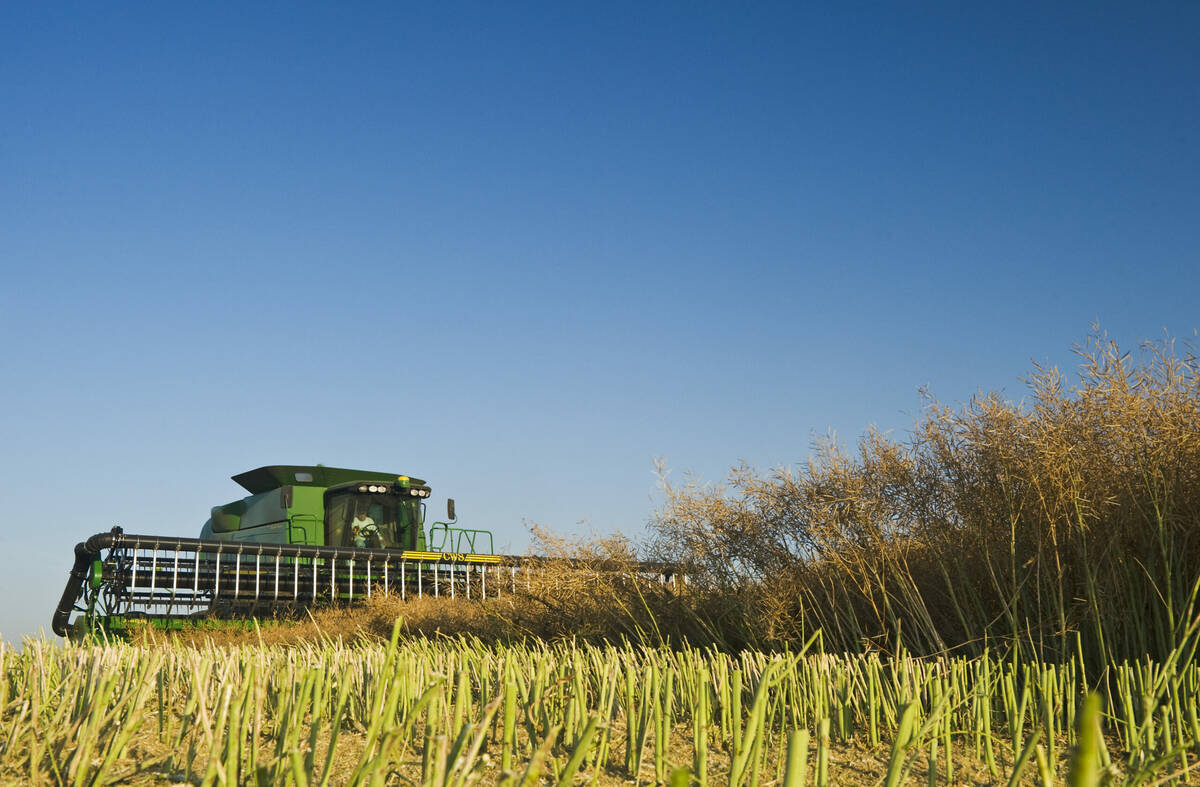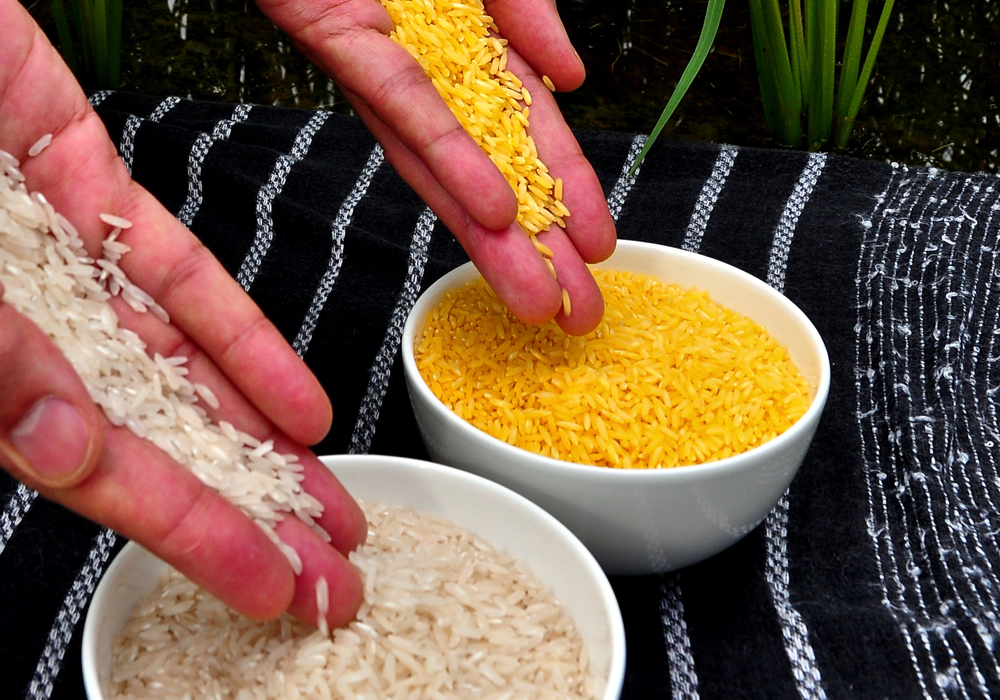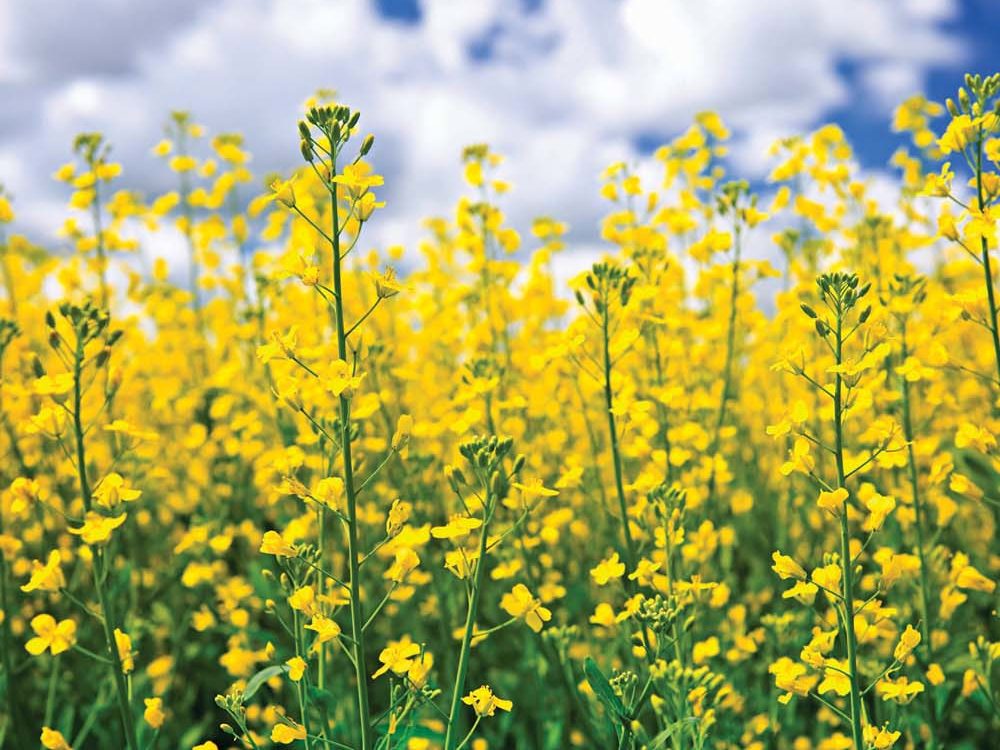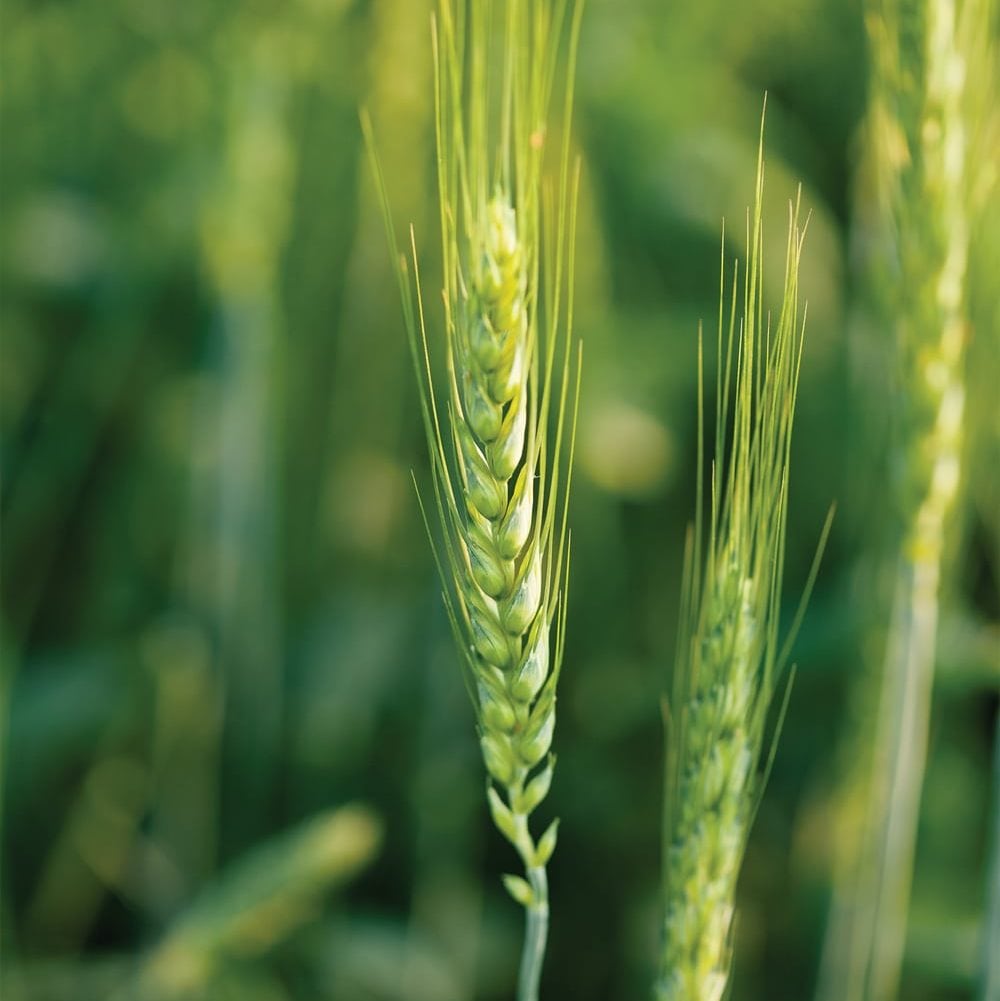If the Canadian Biotechnology Action Network (CBAN) isn’t anti-GMO, it’s certainly not an advocate of the technology.
“There is no scientific basis to conclude that GM foods are safe,” CBAN’s website says. “Research continues to raise serious questions about potential health hazards and more study is needed. The risks from eating GM foods have not been fully investigated.”
Health Canada disagrees.
“After 12 years of reviewing the safety of novel foods, (which includes GM crops) Health Canada is not aware of any published scientific evidence demonstrating that novel foods are any less safe than traditional foods,” Health Canada’s website says. “The regulatory framework put in place by the federal government ensures that new and modified foods can be safely introduced into the Canadian diet. Safety assessment approaches are well established to address the potential risks associated with foods.”
Read Also

Canola growers face rising verticillium stripe threat with few options
After a severe 2025 outbreak, verticillium stripe is drawing attention at Prairie agronomy meetings as researchers warn of uncertain yield impacts and slow resistance progress.
At least one of CBAN’s members, No More GMOs, is anti-GM. It’s right in the name.
“We are a Toronto-based grassroots action and education group campaigning against the use of genetically modified organisms (GMOs) in our food supply,” the No More GMOs website says.
It claims GM foods aren’t tested for safety.
“Only if the Food Directorate thinks it needs more information to establish that a food is safe for consumption does it request additional information and then assess this additional information,” the site says. “But even this second assessment stage does not require information on testing or mandate the company to perform testing. If any tests are submitted, they are usually based on 90-day trials, which are generally not adequate to exhibit the harms that occur over the life of a subject.”
Health Canada’s site says: “Health Canada has established a clear and stringent process for evaluating the safety of foods derived through genetic modification.
“Health Canada conducts a thorough safety assessment of all biotechnology-derived foods to demonstrate that a novel food is as safe and nutritious as foods already on the Canadian marketplace.”
Health Canada’s safety assessment of GM foods includes the following considerations:
- How the food crop was developed, including the molecular biological data which characterizes the genetic change.
- Composition of the novel food compared to non-modified counterpart foods.
- Nutritional information compared to non-modified counterparts.
- Potential for introducing new toxins.
- Potential for causing allergic reactions.
Asked if CBAN doesn’t believe GM food is safe, CBAN co-ordinator Lucy Sharratt didn’t answer directly.
“Certainly we advocate for more independent science, more independently funded science and we have participated in a long-standing critique of the Canadian regulatory system’s reliance on industry-submitted data,” she said. “We’re concerned with some of the process around decision-making.”















